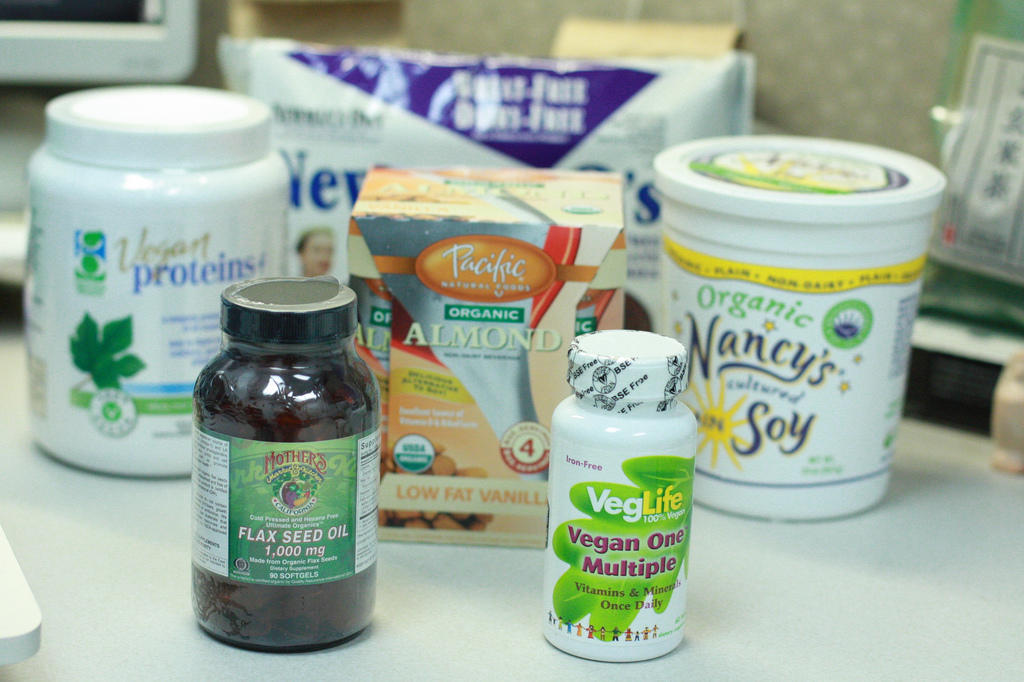
What is a Vegan Diet
A vegan diet is plant-based, focused on fruits, nuts, and vegetables and excludes the use of animal-derived products like dairy, poultry, meat, fish, and eggs. It is based on the fundamental idea that animal-derived ingredients must be avoided. More than just a dietary choice, veganism is a conscious lifestyle movement that is rooted in the principles of compassion and ethics.
“We do not need to eat animals, wear animals, or use animals for entertainment purposes, and our only defense of these uses is our pleasure, amusement, and convenience.”
― Gary L. Francione
Are you a vegan or about to become one? Maybe you are already a vegan and looking for delicious and wholesome substitutes to basic cooking products? Or perhaps you are curious about the nutritional benefits of consuming vegan foods and eager to discover reasons to embrace a healthier plant-based diet.
Eating vegan food isn't always the best option for everyone, so if you're unsure if this diet is right for you, talk to your doctor. For those who are already lacking in certain vitamins, this is frequently the case.
In this blog, we'll explain how to begin a vegan diet, including what products you can buy to replace everyday necessities. Additionally, vegan-friendly ingredients that can be used in baked goods or vegan dishes will be covered.
For an overview of all things related to vegan food, visit the blog Vegan Food: What Is It And Why Is It So Good For Me?
Vegetarian vs Vegan: How is a Vegan Diet Plan Different to An Ordinary Diet?
First of all, it is important to understand what veganism entails: what food is vegan, vegan health benefits, the principles behind veganism, etc. Once you have all of the knowledge you need about what is essentially a completely different way of living as well as eating, then you can make an informed decision on whether veganism is right for you.
Veganism is not to be confused with vegetarianism.
Although both a vegetarian and a vegan diet avoid eating meat, the main distinction is that vegans avoid using any animal-derived products because they believe that it is cruel or exploitative to animals. So, basically, while vegetarians will consume animal-derived products like milk, cheese, honey, etc, vegans completely eliminate animal products from their diet.
Here is a tabular comparison between a vegetarian and a vegan diet.
| Vegetarian | Vegan |
|---|---|
| Does not eat meat, poultry, game, fish or by-products of slaughter | Does not eat meat, dairy, eggs or honey |
| Strict vegetarians avoid eating honey or foods with traces of animal products | Is against the use of animal-derived products like leather |
| The FSA reported that one of their studies conducted across 2008-2011 found that 2% of both adults and children stated they were vegetarian | At least 542,000 Britons are now following a vegan diet plan |
| Vegetarians are said to suffer less heart disease, hypertension, obesity, diabetes, cancers, bowel disorders and ball and kidney stones | Veganism reduces the risk of heart disease, diabetes, high blood pressure, hypothyroidism and some cancers |
Do you know there are several health benefits of vegan food? For a more in-depth exploration of vegan health benefits, read Vegan Health Benefits: Things You Should Know.
Types of Vegan
Many distinctions are made between veganism and other forms of dietary choices, and likewise, there are many different types of vegan.
Ethical vegans, for example, not only choose to eat in a vegan way but also extend this philosophy to all aspects of their lives, being cautious of products (whether dietary or household) that have resulted from animal exploitation or industrial farming.
Regardless of how committed you are to the cruelty-free vegan principles, any move towards veganism from a traditional diet is life-changing in one way or another.
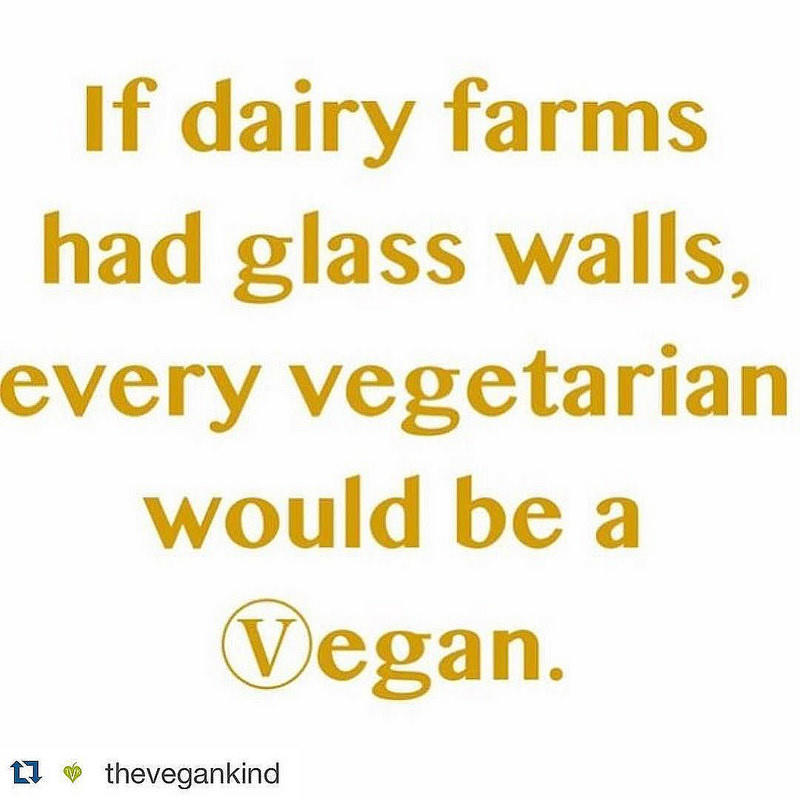
As an ethical vegan, you may have to reconsider much more than just the products you use. For instance, you might have to use or purchase new appliances for your kitchen to prepare balanced meals or look for vegan-friendly restaurants, and shop in different supermarkets to source the products you need.
But for each inconvenience of becoming a vegan, there are twice as many positives, the main one being a healthy diet and lifestyle.
An Overview Of Vegan Health Benefits
Evidence suggests that, by following a hearty but healthy vegan diet plan, you could cut down on a number of common health risks. The major areas which have seen an improvement are those concerned with:
Protects from heart disease
Protects from high blood pressure
Protects from type 2 diabetes
Protects from obesity
The health benefits of veganism are not limited to just the above. With evidence pointing towards several positive effects on the body, it begs the question: why aren't more people following such a diet?
For a more in-depth exploration of vegan health benefits, visit my blog Vegan Health Benefits: Things You Should Know.
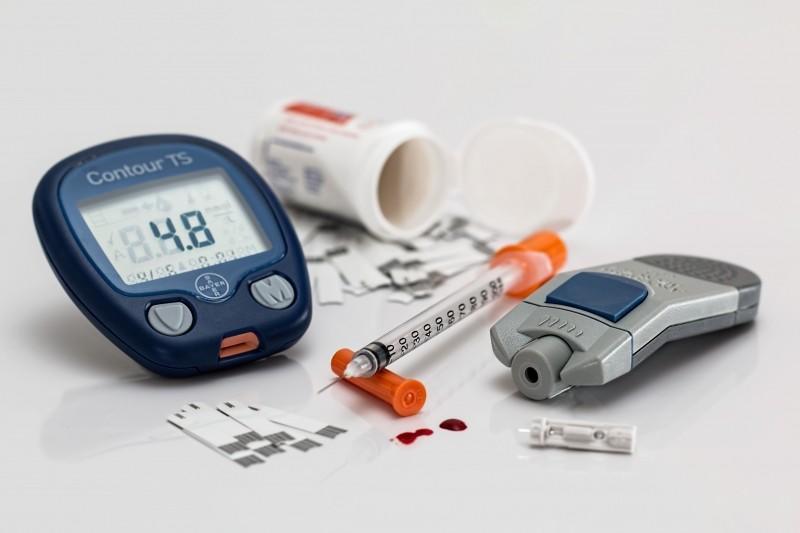

Top Vegan Food Sources
'Out with the old and in with the new' is not an understatement when it comes to turning your diet regime around, but unlike short-term fad diets, which encourage you to only eat certain foods for a predestined amount of time, going vegan means replacing some of your basic cooking ingredients for good.
Once you have established what vegan substitutions you need to make, you can then continue to cook meals as normal using those alternatives. Take a look at these vegan protein replacements, which will surely become your go-to ingredients.
1. Milk
Thanks to so many dairy alternatives on offer, like soya milk, rice milk, oat milk, almond milk, and many more it is easy to replace dairy milk in most recipes. While your local store may not have a huge selection, you are sure to find at least two alternative varieties to dairy milk in a standard superstore.
2. Cheese
Once again, there are numerous vegan substitutions for cheeses, all of which come in choices of blocks, slices or shreds. Tofu, for example, is a great replacement for ricotta cheese, and Daiya mozzarella is a perfect pizza topping. While neither will be as creamy as the real thing, you can add flavour when making them yourself by adding herbs and spices. Adding nutritional yeast will help recreate a cheesy flavour!
Warning! Don’t forget that not all vegetarian-labelled cheeses are vegan. Some contain a product called casein, which is not vegan, so check the label before you buy.
3. Eggs
Tofu is again a great alternative to scrambled eggs, and also appears in many vegan recipes as an egg replacement (in its soft form). If you need a product to bind it with, you can use rolled oats, oats, soy flour, tomato paste, bread crumbs or cornstarch to do so. Finally, chickpea flour is really good for making omelettes with, while aquafaba is perfect for meringues or as a mayonnaise.
4. Butter
Vegan butters can be found in most large food stores and are preferred over margarines. Vegan butters are non-dairy substitutes made from vegetable oils like sunflower, coconut, palm, etc. Alternatively, you can also use sunflower or olive oil instead of vegan butter.
5. Yoghurt
Fruit-flavoured and plain vegan yoghurts grace our big supermarket shelves for both consuming as a pudding or for use in vegan baking.
6. Honey
Contrary to popular belief, honey is not a vegan product. However, you can find several sweeteners in liquid form, like butterscotch syrup, maple syrup, agave nectar, and molasses, to replace honey, which is environmentally harmful.

7. Sugar
Beet sugar, fructose, date sugar, maple crystal and natural organic sugar are suitable for vegans as there is no risk of pesticides, nor are they refined using animal products.
8. Chocolate
Who says that vegans can’t indulge in a sweet, chocolate-y treat every once in a while? Thankfully, there are many vegan chocolate alternatives out there, including chips for vegan baking.
9. Ice cream
If you can’t live without this old favourite in your life, then you’ll be pleased to hear that you can find vegan-friendly ice creams that are made with soy, nut, rice and coconut milk products. Whether you are craving a fruity sorbet or a nutty delight, you’ll find many options, as nowadays many established brands offer vegan ice creams.
10. Meat
Finally, how do you replace meat and still get the necessary protein in your vegan diet plan? Well, luckily for you, the vegan industry has come a long way and, as a result, products that taste like meat and have a similar texture are emerging. You’ll find veggie burgers, meatballs, sausages, bacon, beef, patties and nuggets!
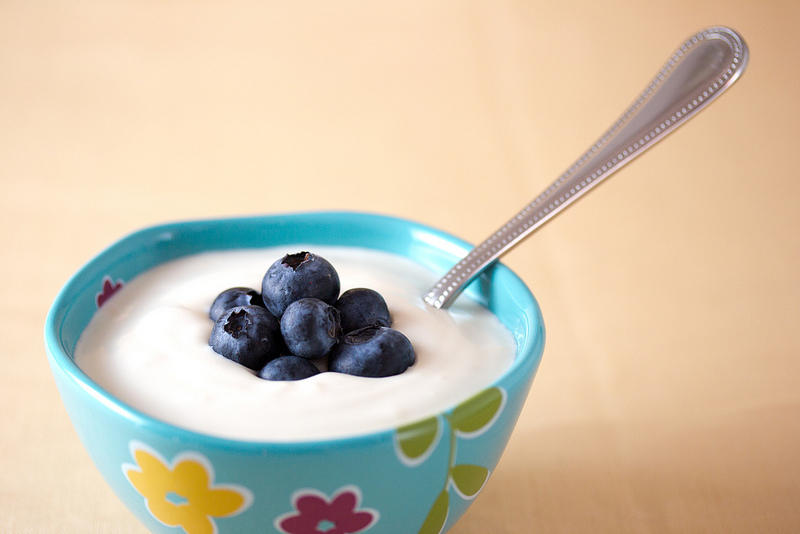
Check out your local supermarket where you can buy and stock up on your favourite vegan foods.
How To Introduce Vegan Protein in Your Diet?
A lot of us have heard that the vegan diet often lacks protein. Are you worried that if you go vegan, you will become protein-deficient? Don’t worry! There are plenty of plant-based protein sources that are rich source of omega fatty acids and vitamins, which can easily meet your daily vegan protein needs. Here are some examples:
Tofu and tempeh are soy-based protein powerhouses that also contain calcium and iron. While tempeh has a firmer texture and a slightly nutty flavour, tofu is a very versatile ingredient that can be stir-fried or grilled. Both are frequently used together in stir-fries, sambal goreng, and other noodle dishes.
Vegan cheese is a plant-based alternative to regular cheese. You can take your pick from several types of vegan cheese, like cashew-based vegan cheese, coconut oil-based cheese or soy-based cheeses.
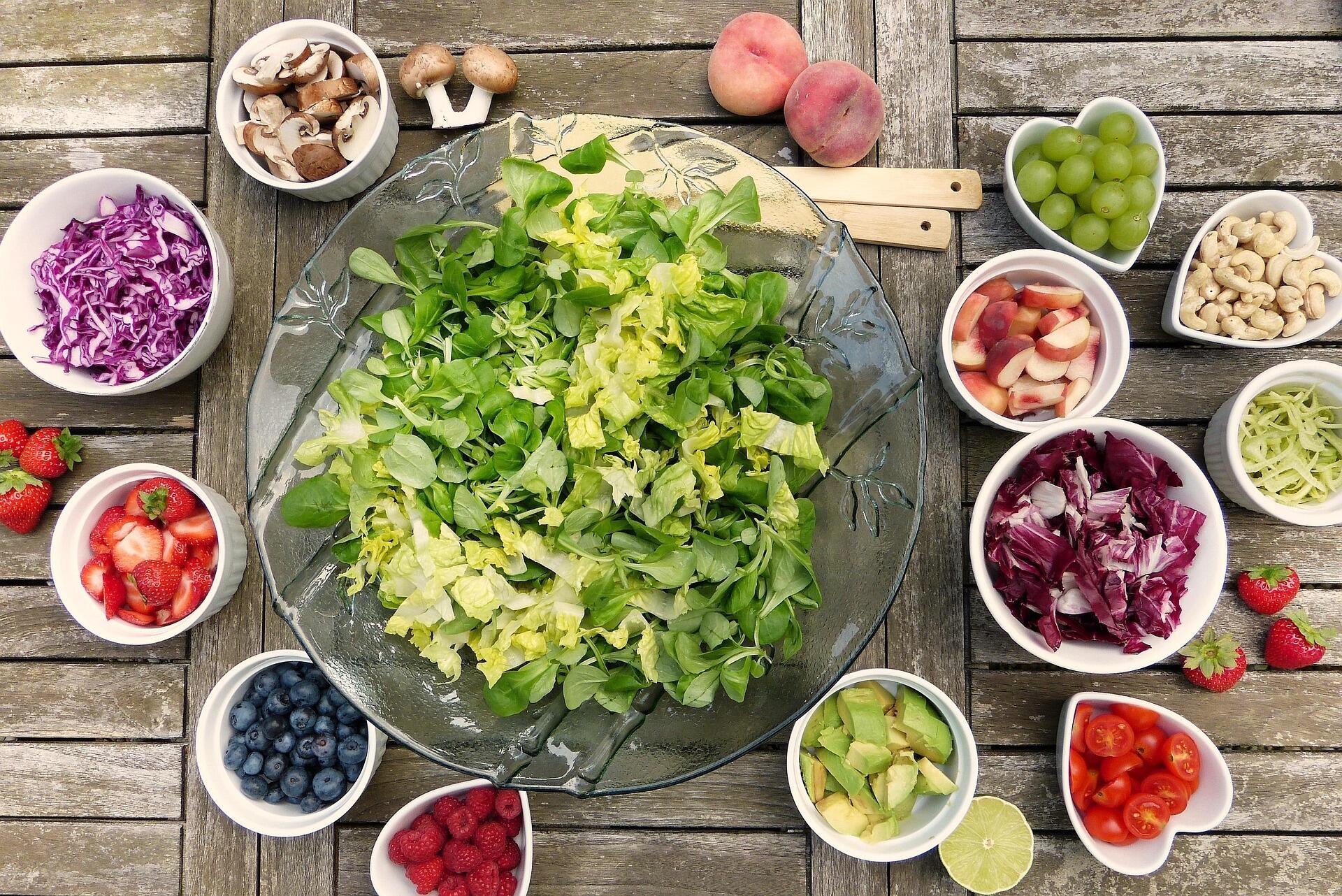
Legumes like lentils, kidney beans, and black beans are great protein sources and are also rich in fibre and essential nutrients like iron and folate.
Quinoa is an excellent vegan protein source that is loaded with fibre and is a great grain alternative that can easily be incorporated into several dishes.
Apart from these, nuts and seeds, such as almonds, sunflower seeds, and chia seeds, are excellent plant-based protein sources that can effectively meet your vegan protein requirements.
With a varied and balanced vegan diet, getting enough protein is entirely achievable.
What to Expect in Your First Week as a Vegan
When you begin on your vegan journey, initially, you might feel lighter as you avoid animal-derived products, especially if you're eating whole foods. However, in the long run, you might experience cravings, especially if you have previously been used to animal-derived dairy products, eggs, or meat, poultry, and fish.
It is absolutely normal to have these cravings.
Keeping vegan snacks and substitutes like vegan cheeses, protein bars, smoothies, or lentil stews can ease those pangs.
Planning meals ahead of time will also reduce the temptation to fall back on old habits.
Common mistakes to avoid in the first week include:
- not consuming enough calories
- relying too heavily on processed vegan snacks
- not including key nutrients like B12, iron, vitamins, omega fatty acids and fortified foods supplements
- not consuming legumes, nuts, seeds and green leafy vegetables
Tips for Reading Vegan Labels
When you go shopping for vegan food, you need to read labels carefully. Here are a few tips you can follow.
- Look for products clearly marked with a certified vegan logo, such as the Vegan Society trademark or "100% plant-based" labels. These symbols make identification easy and trustworthy.
In addition, be careful of hidden ingredients like:
L-cysteine
Carmine or cochineal
Gelatin
Casein and whey
- L-cysteine – It is an amino acid derived from feathers or hair. It is often used in bread and baked goods.
- Carmine or cochineal – It is a red dye obtained from insects present in juices and candies.
- Gelatin – It is obtained from animal bones and connective tissue. Commonly used as a thickening agent in desserts.
- Casein and whey – These are milk proteins used as a binder.
- Rennet – Rennet is obtained from animal stomachs and used in curdling milk for cheese.
Basic Vegan Foods Summary
Here is a quick roundup of the vegan alternatives to your everyday basics. When in doubt about what to replace a particular product in your daily life with, consult the table below summarising the key substitutions.
| Non-vegan product | Recommended vegan alternative |
|---|---|
| Dairy milk | Soya, rice, oat, nuts milk |
| Cheese | Tofu or vegan cheese |
| Eggs | Tofu, chickpea flour, soy flour, oat flour, rolled oats, aquafaba |
| Butter | Vegan butter or some margarines |
| Yoghurt | Vegan yoghurt |
| Meat stock | Vegetable broth |
| Honey | Liquid sweetener |
| Sugar | Beet sugar, fructose, date sugar, maple crystal and natural organic sugar |
| Chocolate | Vegan chocolate |
| Ice cream | Vegan ice cream |
| Meat | Tofu or vegetarian burgers, meatballs, sausages, bacon, patties and nuggets |
Now that you know that there is a wide range of products at your disposal, it is easier than ever before to switch to a plant-based diet. Whether you want to learn some quick and easy vegan recipes or indulge your sweet tooth with delicious vegan baking recipes, there is something for everyone.
Now, if you’re not confident in the kitchen and would rather leave it up to the experts to create products suitable for vegans, why not discover the top-rated supermarkets for buying vegan food in the blog The Best Shops For Vegan Food?
Summarise with AI:

